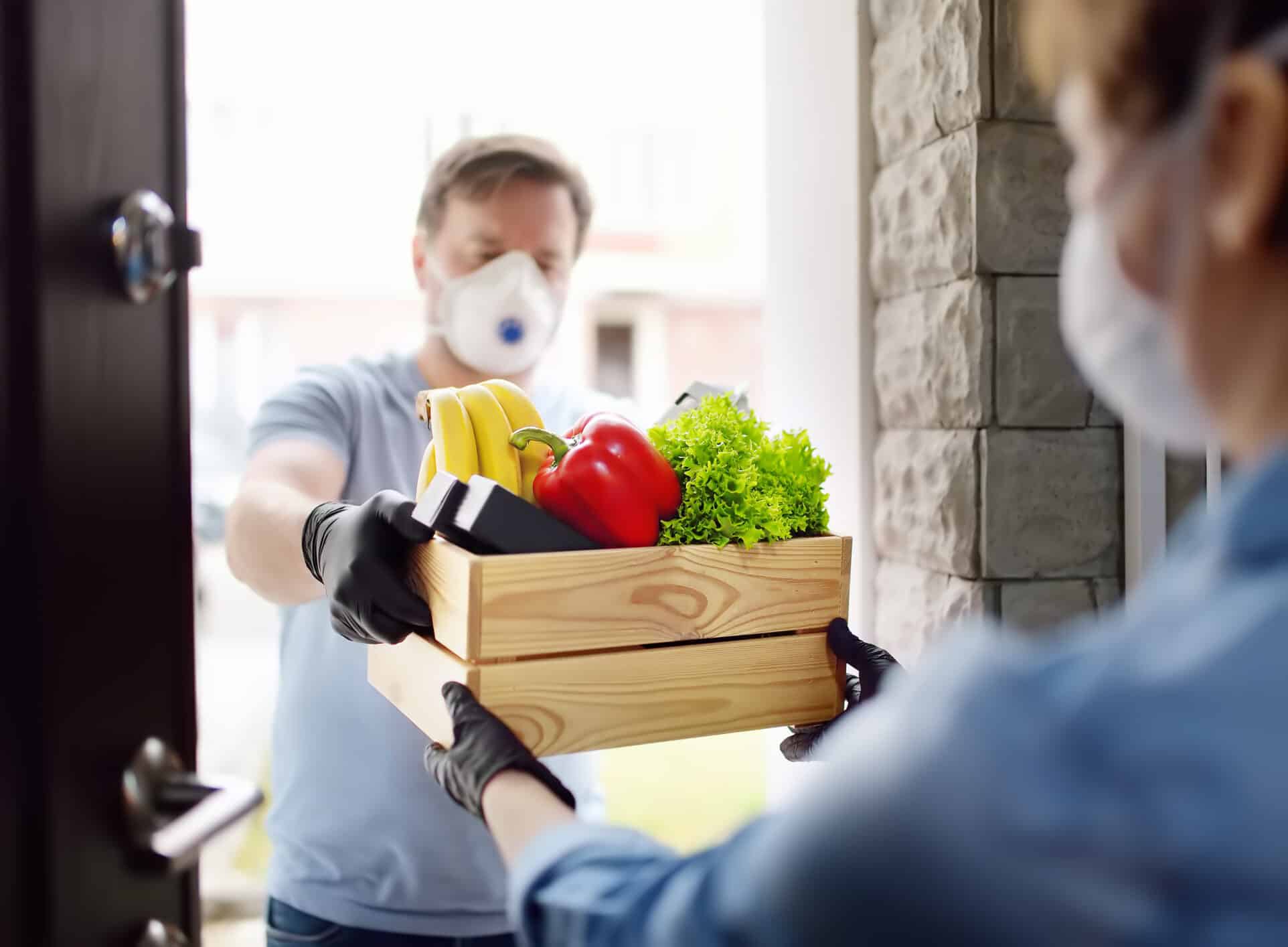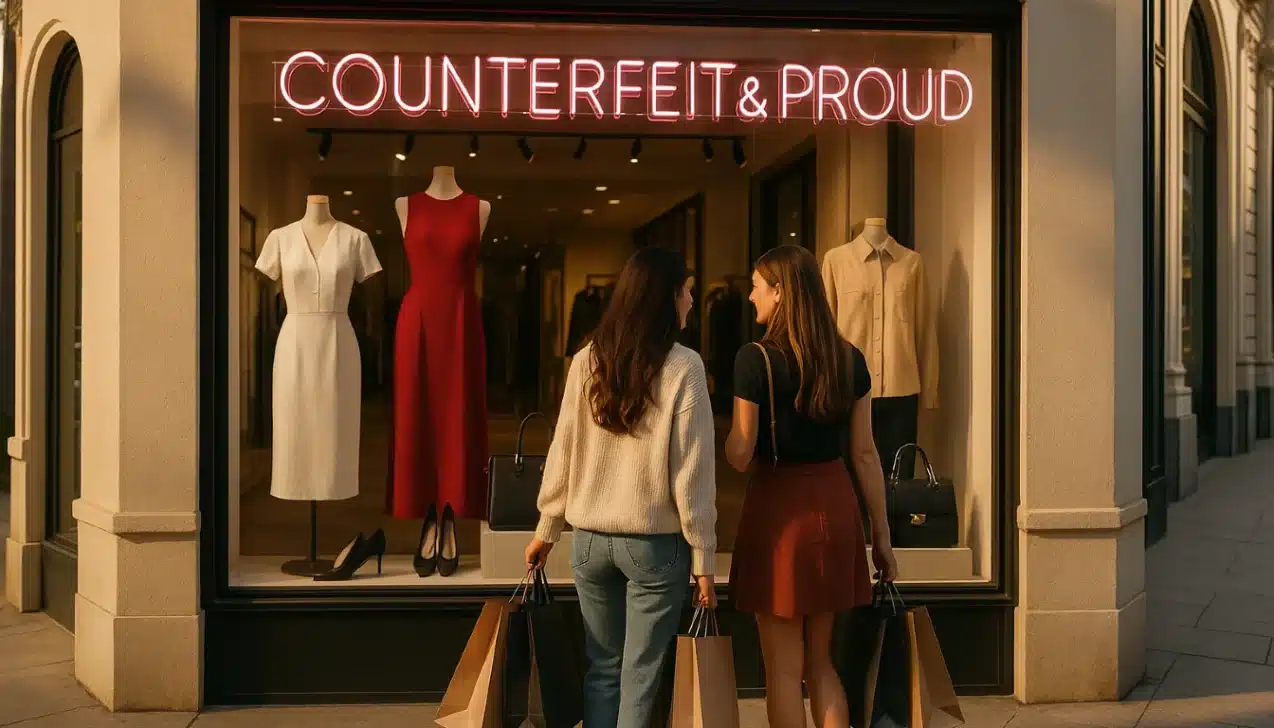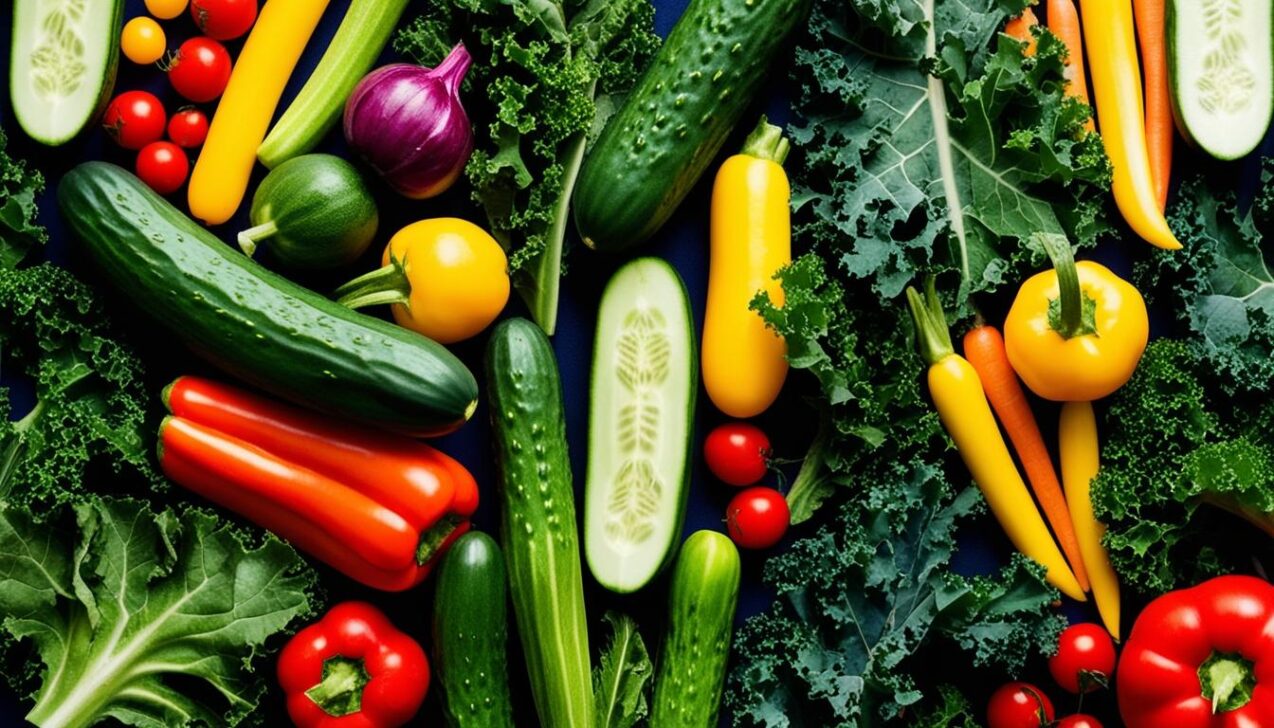The COVID pandemic has made people rethink many aspects of their lives, new research has found. Many are now more aware of their personal impact on society, with a positive shift in the ways they contribute to their communities. But it has also increased negativity towards politicians and opened new divisions in society.
Exclusive research commissioned by RESET from Physalis, a market research platform which automates research through AI, has found that a quarter of people say they are now more aware of the impact their individual actions have on other people.
Health tops the list, with 23 per cent of people saying they care more about hygiene than before and nearly four in ten say they are more aware of social interactions, rising to 60 per cent of women.
Gemma* succinctly summarises what many people are feeling: “It [COVID] made me really aware of how my health directly affects my friends’ and my family’s health.”
The pandemic, with its associated lockdowns and restrictions, also prompted more efforts to eat healthily and exercise more. Some 29 per cent of respondents say they are now exercising more and 23 per cent have changed their diets. The most common changes to eating habits include a mix of simple behavioural changes such as drinking more water and cooking more at home, to more focus on selecting healthy choices – avoiding takeaways and junk food, watching cholesterol intake, eating less meat, increasing protein and eating more fruits and vegetables.
The pandemic has definitely highlighted the need for good health
Voicing the situation for many others, one young man, Rob, commented: “The pandemic has definitely highlighted the need for good health. Having so much time in lockdown certainly made me realise my diet needed improvement and I needed to do more exercise.”
Mental health has also come into sharper focus over the last 18 months. In particular, nearly one in five younger people between the ages of 18 and 30 say that they are now much more conscious of their own mental health. Working from home, without as much in person contact and camaraderie is cited as a main cause for concern.
Jacob says: “There has to be a work life balance and especially when working from home you can get caught up in things and then it can really take a toll. But now I think from working remotely for the past year and self-isolation periods, you just have to spend some time in the day just focusing on yourself and doing things which you enjoy.”
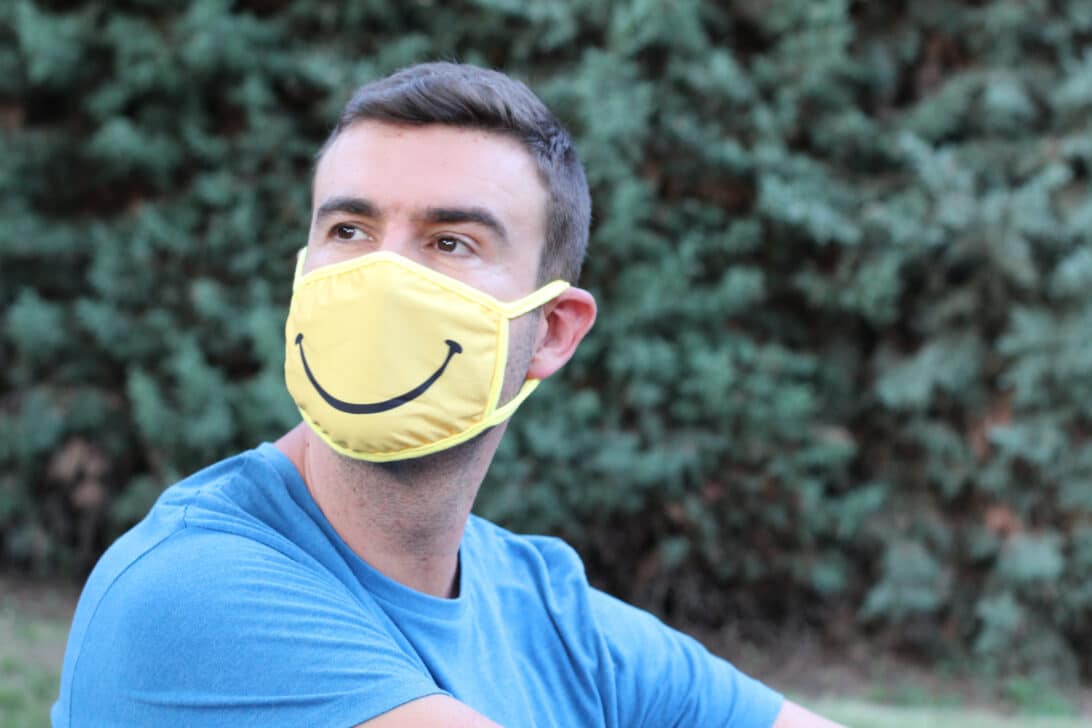
One in five younger people say that they are now much more conscious of their own mental health. Picture from iStockPhoto.
“During the pandemic and since, both myself and my partner have made a bigger effort to be more involved in the community through various means, such as assisting neighbours, becoming more friendly with neighbours, actually, just being more part of the local area where we live,” says Henry.
Ways in which people have taken a more caring approach include helping with shopping where necessary, providing community support, volunteering more and generally being more friendly to neighbours.
Mark agrees: “I guess one of the good things about the pandemic is I think it has brought everyone I suppose closer together, more aware of other people and I think as a result I do feel that I need to contribute more.”
Overall, 14 per cent of people say they now volunteer or engage with charity.
Views on the government
The restrictions on movement and other freedoms we have all experienced during the pandemic are really unprecedented in peace time. While the British population as a whole has been fairly compliant, sentiment towards the government has changed quite substantially, the research suggests.
Some 61 per cent of participants say they view the role of government in a more negative light now. And 14 per cent of people spontaneously highlight the hypocrisy of politicians, rising to some 25 per cent of men.
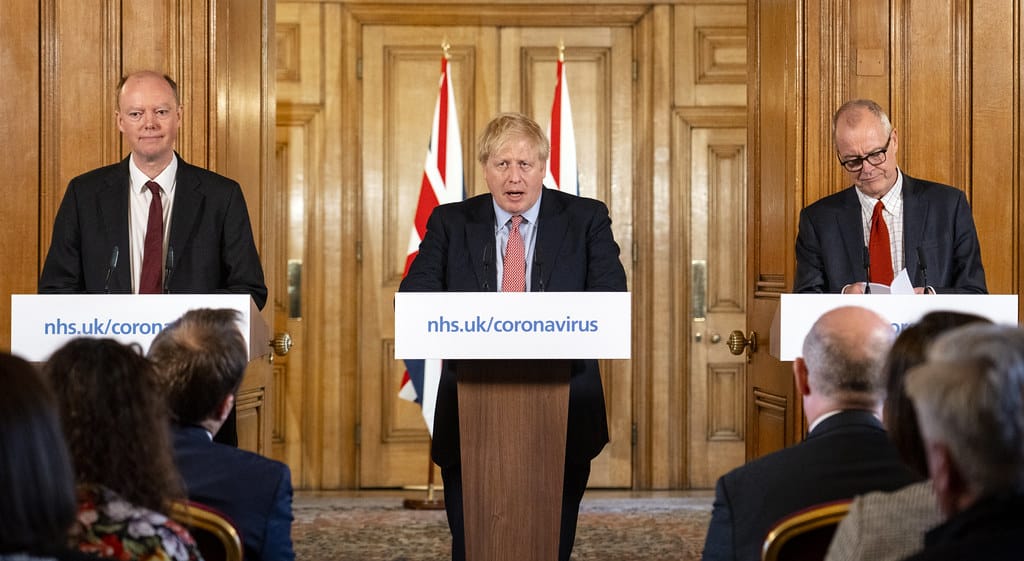
61 per cent of participants say they view the role of government in a more negative light now. Picture from No.10 on Flickr.
There is, however, some acceptance that politicians don’t have an easy job with 14 per cent acknowledging the hard task the government is performing. One third of women feel this.
“I do think Boris is doing the best they can in difficult circumstances,” says Martha. “But I also think there’ve been a lot of changes that aren’t for the better, but I don’t think there’s anybody better to run the government at the moment.”
One in 10 people (9 per cent) believe the government now has too much power, rising to 19 per cent of the men questioned. Some voiced concerns about long-term implications.
Matt commented: “I think the government has become a lot more totalitarian. It’s becoming a lot harder to get a job these days and I think there’s a lot of social engineering going on, and it has been for years and I think it has to stop to be quite honest. I think we have to push back against this totalitarian society that is pervading at the moment.”
Divisions in society
While some people have positively changed their own behaviours, clear divisions in society have also emerged, with 31 per cent of people saying that they are concerned about other people’s selfishness (voiced by 40 per cent of women). The particular areas of worry include lack of mask wearing or people refusing COVID vaccines.
John expands on the vaccine issue: “In terms of other people, I think it’s brought out more of the divisions in society, especially in the case of COVID between vaxxers and antivaxxers.”
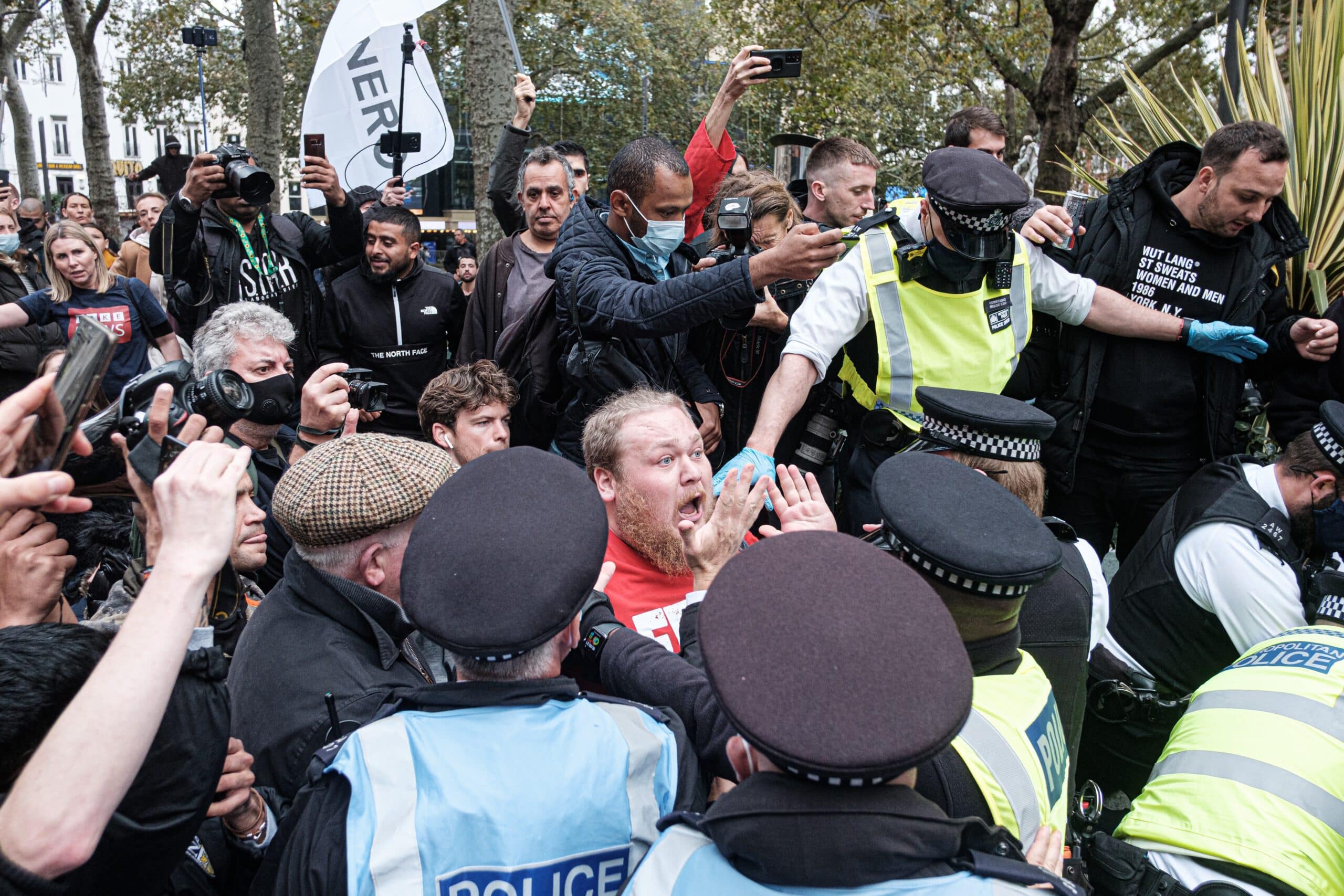
Stand Up X rally with Piers Corbyn (Jeremy Corbyn’s brother) in London sharing ‘freedom’, anti lockdown and anti mask messages relating to Coronavirus. These are some new divisions in society. Picture Ehimetalor Akhere Unuabona on Unsplash.
Employers fare well
While most people didn’t express any change in views towards their employer during the pandemic, some 18 per cent now see their employer in a more positive light.
Generally, the way that employers responded to working requirements was seen positively. Anna says: “I think my employer worked responsibly. They sent us home when we used to work in a big office building where we were packed like sardines. So I felt that they were very responsible.”
The big question arising from this research is whether the positive changes will be sustained or whether everyone will lapse back into ‘old ways’?
*As all responses to the survey were given in confidence, we are not using real names or providing identity information for participants.
The Physalis survey for RESET was carried out with 64 people creating a representative sample of age groups, genders and ethnicities across the UK. The survey methodology involves using AI-based technology to analyse video responses to factor in true sentiment, mood, emotions and context for individuals’ answers.
Subscribe
Sign-up to receive our newsletter
